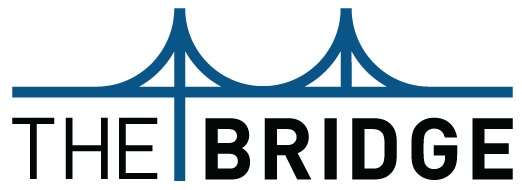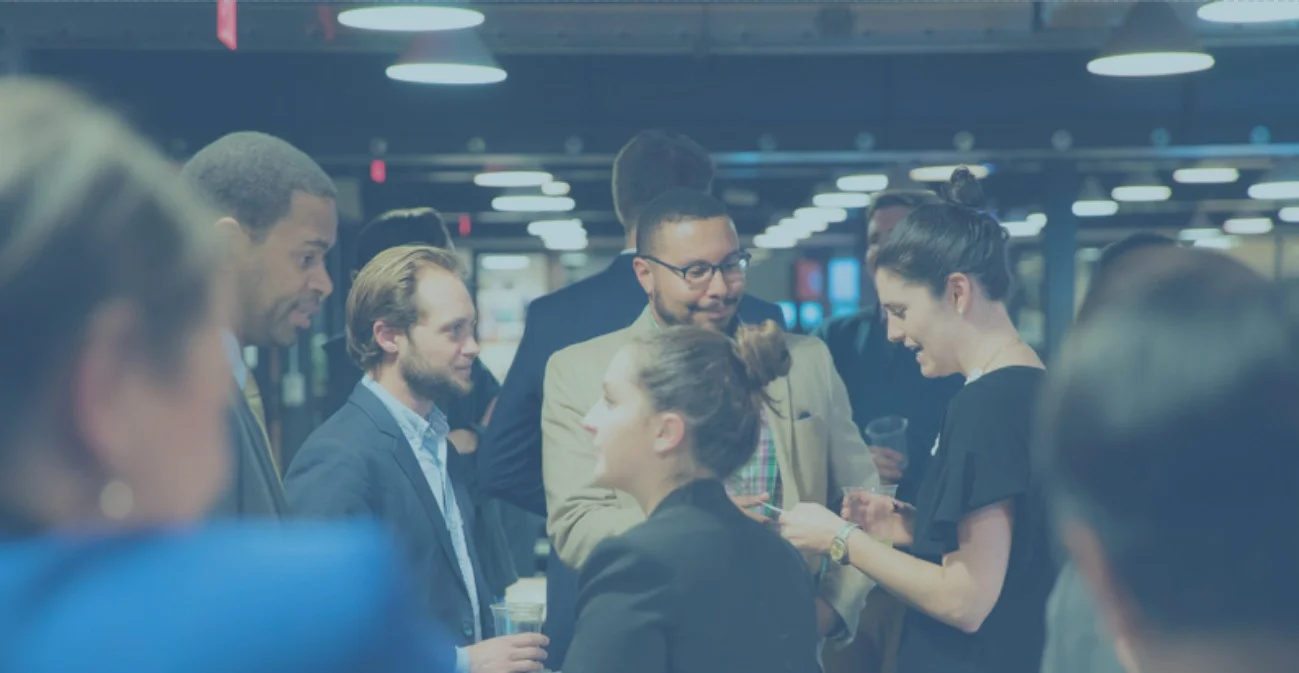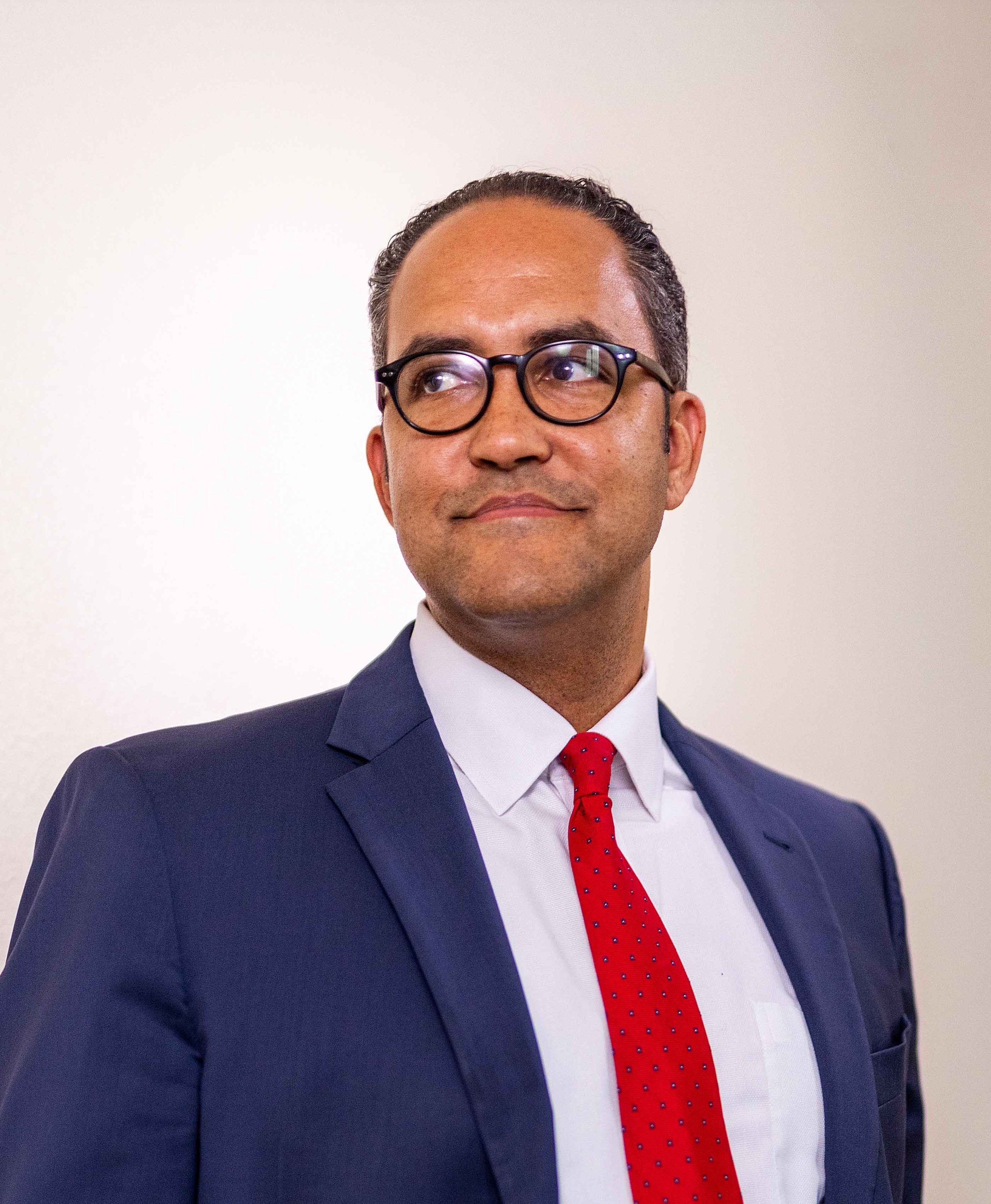TheBridge profile: Former U.S. Congressman Will Hurd
Name: Will Hurd
Current city: Washington, DC
Current job: Former U.S. Congressman, Texas & Author of American Reboot: An Idealist's Way of Getting Things Done (2022)
Past job: Undercover CIA officer; cybersecurity entrepreneur
Q. Favorite spot for a coffee meeting? Hinee Coffee in Helotes, TX or Le Bon Cafe on Capitol Hill
Q. What can innovators teach regulators? Understanding context. The biggest thing innovators can teach regulators is understanding the future where a piece of technology is in a bill, providing that context of importance. That's important.
Q. What can regulators teach innovators? Regulators can help when innovators are running fast, and sometimes loose, making sure to identify the areas that innovators need to keep in mind, so that the innovators can prevent future over-regulation.
Former Congressman Will Hurd at SXSW at TheBridge, The Oversight Board and SeedAI’s event
Q. Right, TheBridge is a network of professionals across the ecosystem, we are improving understanding and communication to better problem solve and innovate for the future. Exactly… The first hearing I did on emerging technology was on the commercial use of drones. I thought we were talking about how I was going to get Whataburger delivered to my car driving 90 mph down the highway, and 90 percent of the hearing was based on the privacy concerns of a drone flying through a neighborhood.
I think it’s important for innovators to understand some of the concerns that regulators are going to have further on down the line.
I think an area where there has been a good conversation is on driverless cars. We all know that there's going to be problems at the development of driverless cars, however, there hasn’t been a knee jerk reaction where there have been problems in that industry. Part of that is because of the level of education that has been happening as development continues.
Q. Job advice in three words? Be indispensable.
Q. How are you (or your company, org, nonprofit) currently bridging the gap between politics and tech? In Congress I was focused on Congressional oversight on cybersecurity, privacy, energy technology - like AI and Quantum Computing - and IT procurement.
Q. Describe one way how a skill you learned in a previous job helped you in your new job. As a professional intelligence officer, I learned that in order to find the truth, you have to talk to a lot of people.
Former Congressman Will Hurd at SXSW at TheBridge, The Oversight Board and SeedAI’s event
Q. Favorite app? Nozbe
Q. Best advice you’ve received? Do something meaningful and hard.
Q. Is there a living person you admire? Congressman Mac Thornberry - he's a gentleman, a family man and a statesman.
Q. The Aspen Cyber & Technology program you co-chair is something TheBridge is very supportive of, and personally something I am very interested in, can you tell us more about your work there and what you think you can accomplish? My focus has been improving operational cooperation between the public and the private sector. How do we actually move beyond just information sharing when it comes to defending digital infrastructure? What does that actually look like? So, I think the next step for us is, we publish a number of policy suggestions or actions that should happen, and then it's about seeing follow up. Let's put some of these things to bed before moving on to the next initiative. So one I would like to see is having that group giving insight to key legislators and their staff in the new Congress. At the beginning of this Congress, when you have new majority staff coming in, there is a real opportunity to get that input from operators and innovators on some areas where the federal government should be focused.
Q. One area that has been a topic of discussion is Information Sharing, as you know ... Yes, what are we sharing, when are we sharing it, is it going in one direction. First there was the fact that we're getting everybody to agree that sharing is important, now there is a conversation on how do we share actionable info and have focus.
Q. Favorite under the radar company? Anduril and CBT Nuggets (Computer Based Training) This focuses on training, for example for a systems administrator that wants to do another job, or training on how do you deploy Windows 10 across a network.
Q. It'll be interesting, with recent coding programs and schools popping up, to see how we talk about training in 10 years. Yes, one, we need to have people saying, when we spend so much money on technology, is there a training component? Are we making sure people actually know how to use this? Often times there isn’t a line item of the budget that highlights that. Oftentimes that's why you have software licenses not being used, not being able to be efficient.
Q. TheBridge hosted a series on AI and regulation, and in our community we've found there is both extreme fear and excitement around the conversation about AI, does government have a role to play here? I would say before we get to regulating AI, we should ask, are we doing something that can help jump start. Step one, is developing a national strategy on artificial intelligence where we array public, private, academic talk about what everybody's lane should be and how the how those entities should be working across those industries together.
Step two, is what data sets does the federal government have access that can be opened up to help drive innovation. Can you do an XPRIZE around artificial intelligence that's based on data? And how do you do that? So I think those are two ways that we can help jump start AI.
Then, you know if you take the ethical conversations around artificial intelligence to the extreme, should a machine be able to kill a machine, and should a machine be able to kill a human? Where does a human need to be involved in that process? And I'm not saying I have an opinion on that either way but it is the most extreme question that will need to be evaluated.
Q. There has been a conversation around how personal data will be used by the government.. do you have any thoughts on this? It could be even more basic than Personal Identifiable Information (PII), it could be how a packet sniffer on the endpoint of a network can look at where all that traffic is coming from. If you're able to have volumes and volumes of net flow traffic you can determine what a normal network looks like, and then you can tell what an abnormal network looks like, then you get off a signature way of detecting threats to seeing anomalies because you know what a good network looks like.
Q. These days, it feels everything is very extreme, not just in politics, but in everyday life. TheBridge is also non-political. What should we expect from the new Congress on the tech policy front, any non-political issues we should look for? The question I ask is, how do you create a permanent middle? Because the middle changes from one party to the other. And I would say things like cyber security is an area where it’s actually non-partisan, when you can have a Democrat from Virginia, a Republican from North Carolina who runs the Freedom Caucus, a Republican from Texas and a Democrat from Illinois, outskirts of Chicago, all working together on major pieces of legislation, I think that's an indication of how and why people think this issue is important. I think this is the example we should be using for other policy areas on actually getting things done. I think the lesson we should taking away from the 2016 election is that it was a rebuke on both parties and that people are looking for us to actually solve problems. They want people in Washington, DC that solve problems and not burn the place down.
(This Leader profile was completed while the Congressman was still in the US House of Representatives.)
Sign up for TheBridge Update which includes leader spotlights from our Leaders Directory.




